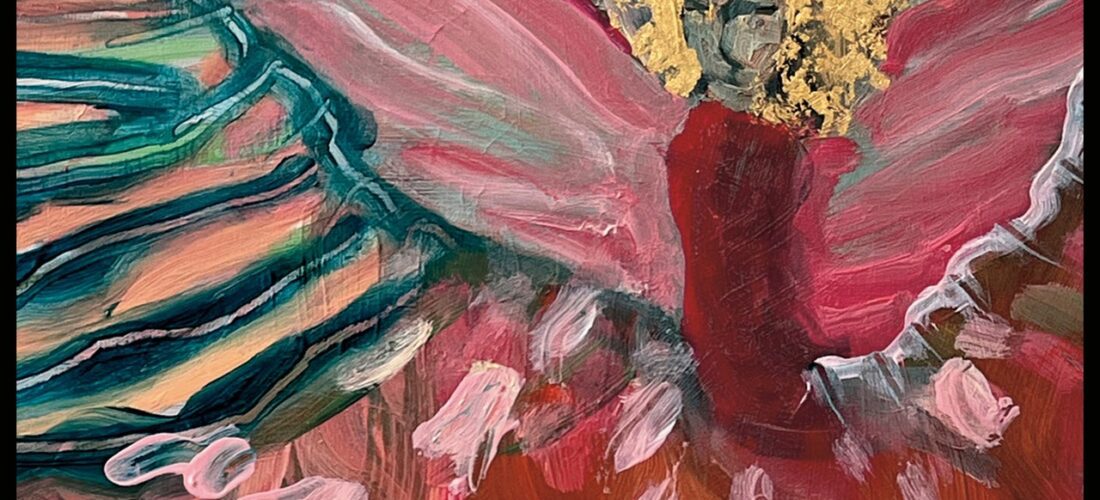At their best, Dirty Three can sound like they might fall apart in an instant. Listen to the way “Ember,” from 2005’s expansive Cinder, seems forever to wobble, as if Warren Ellis’ violin were about to stumble into the canyon created by Jim White’s loping drums. Or ponder how Ellis and guitarist Mick Turner skirt the void while upbraiding their strings during “Red,” from 1996’s breakthrough Horse Stories. An unusually expressive instrumental trio, these three longtime Melbourne chums have always used the tension between their respective playing to foster collective feelings of annoyance or ecstasy, boredom or wonder, anxiety or amusement. In doing so, they have often suggested some ornate mobile hanging from an art museum’s ceiling, its three bejeweled pieces bound together only by rusted wire, perpetually at risk of clattering to the ground. The thrill has been hearing them hold it together.
On Love Changes Everything, Dirty Three’s first album in a dozen years, those corroded wires finally snap, leaving the pieces to smash to the floor and reorient themselves in new relationships. And they do: Ellis, White, and Turner have never sounded so alternately tight and loose, so unified and amorphous, capturing an emotional ambiguity that drifts between hope and despair. Forgoing their usual evocative song titles in favor of a suite of numbered pieces that often flow into and out of one another, Dirty Three have made not only their most absorbing album but also the one that’s most open to interpretation. It is a convincing case study in how a veteran band, each member now nearing or beyond 60, can evolve—letting go, once and for all, of preconceptions and self-perceptions and simply meeting where they are.
Dirty Three emerged in the early ’90s from exuberant youthful squalor, playing long hours in Australian bars for crowds that found them perplexing or polarizing. But international attention, especially in the United States, became their passport. They toured doggedly and collaborated promiscuously. White and Turner joined Cat Power for 1998’s Moon Pix. Ellis partnered with another expat, Nick Cave, in a prolific ongoing relationship. As the years passed, Dirty Three themselves became more focused, as if the band were a repository for a specific subset of sounds and ideas for musicians who were otherwise busy doing lots of things—painting and making exquisite solo records, playing with Bill Callahan and dozens of others, becoming a score-writing Bad Seed.
